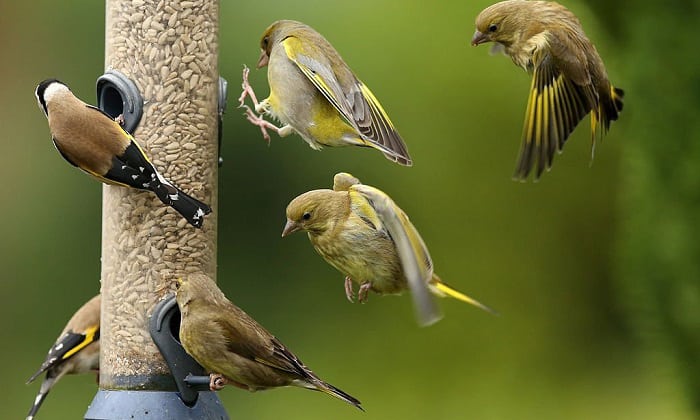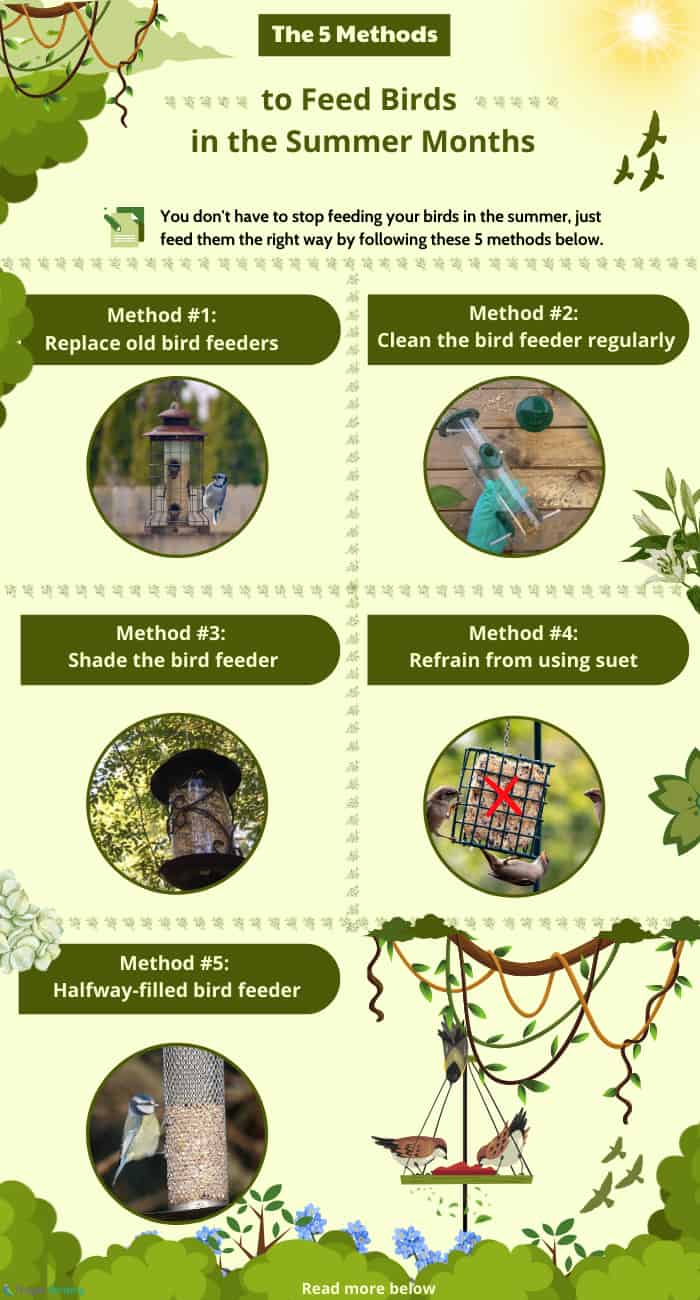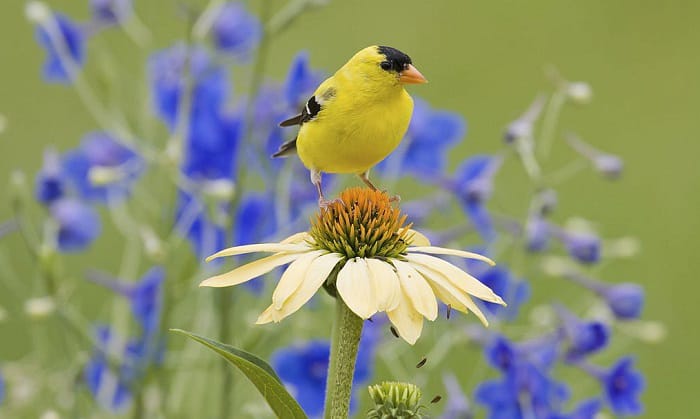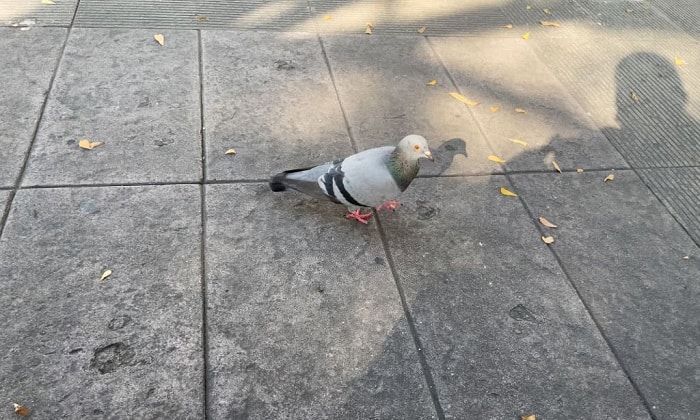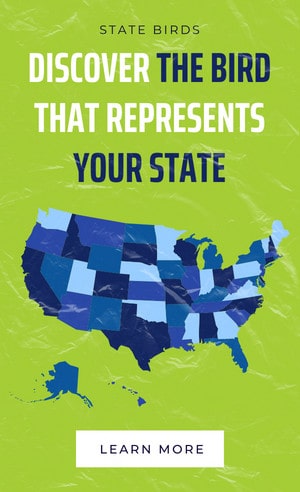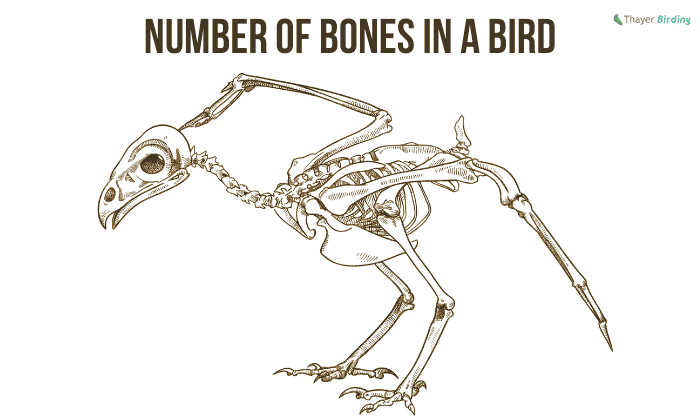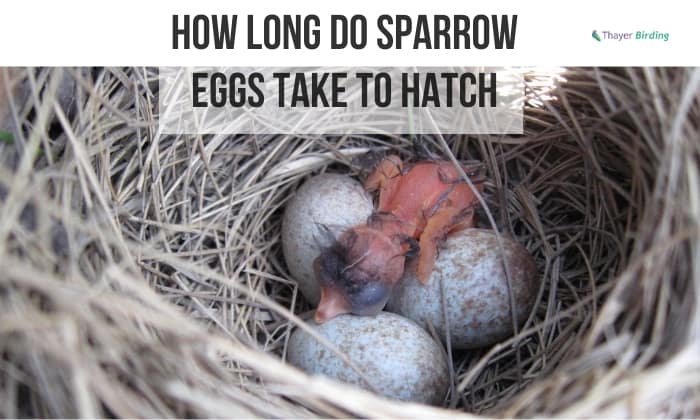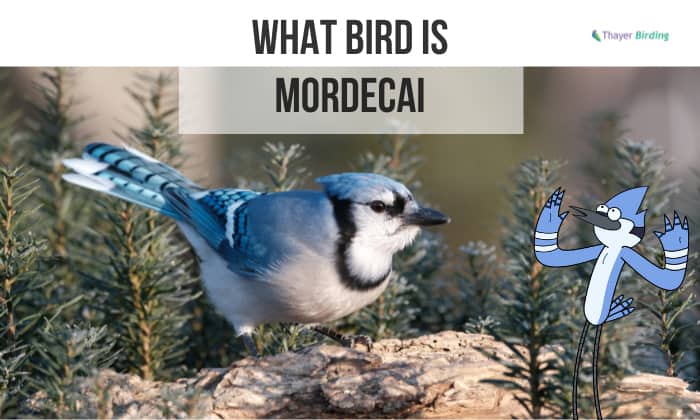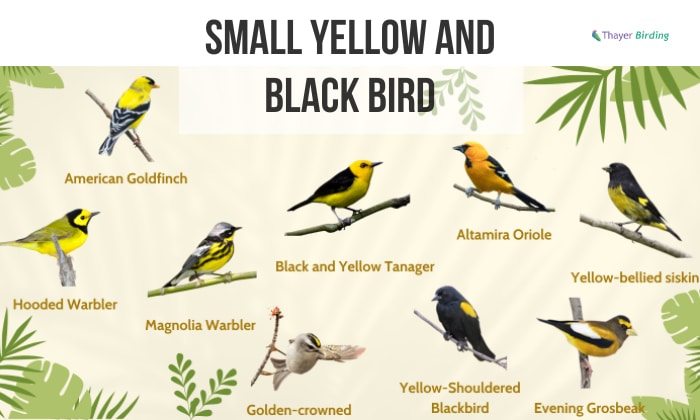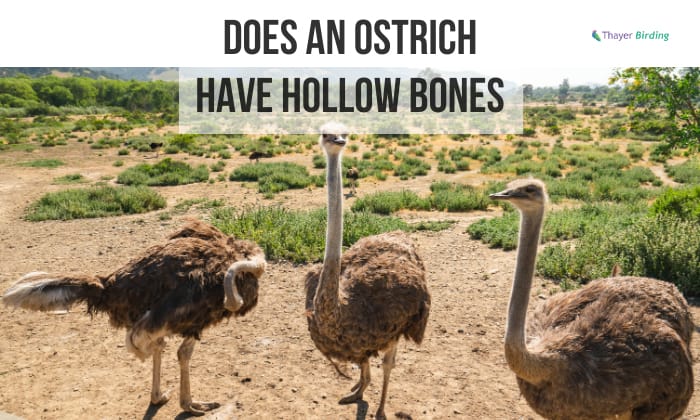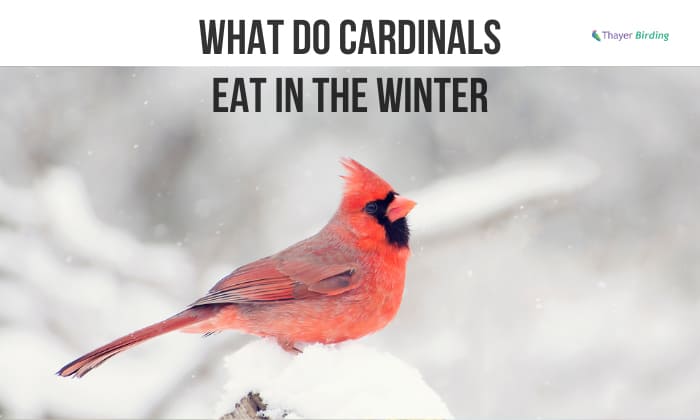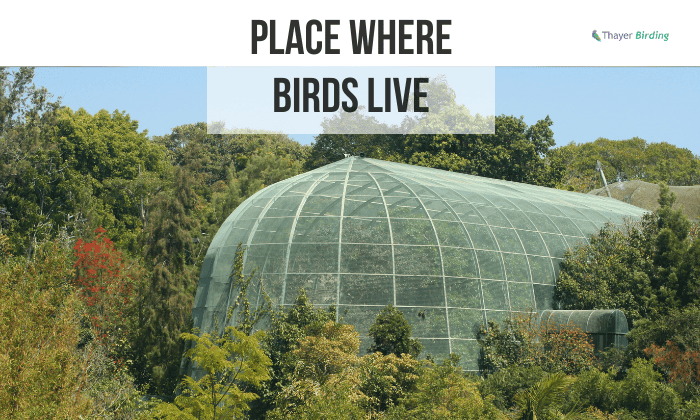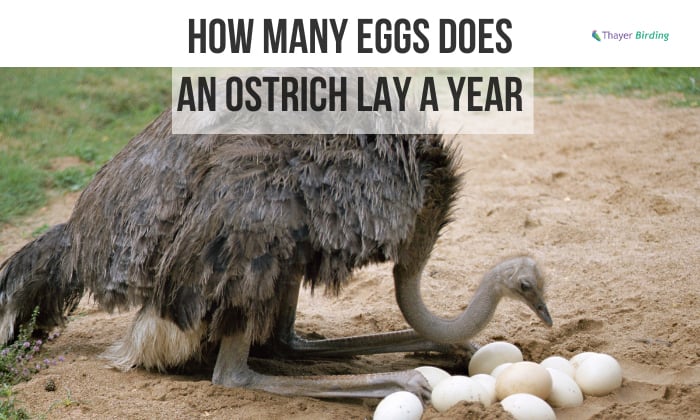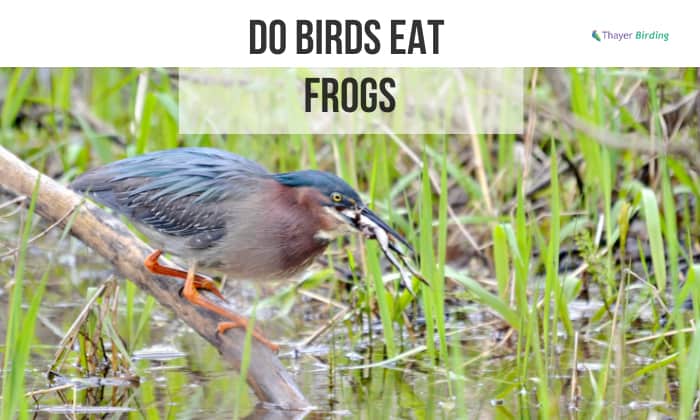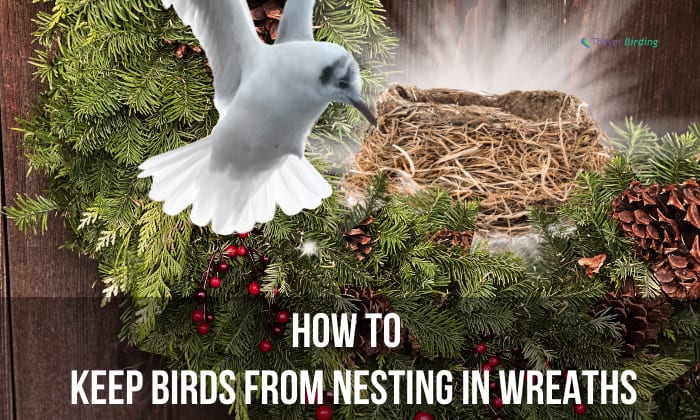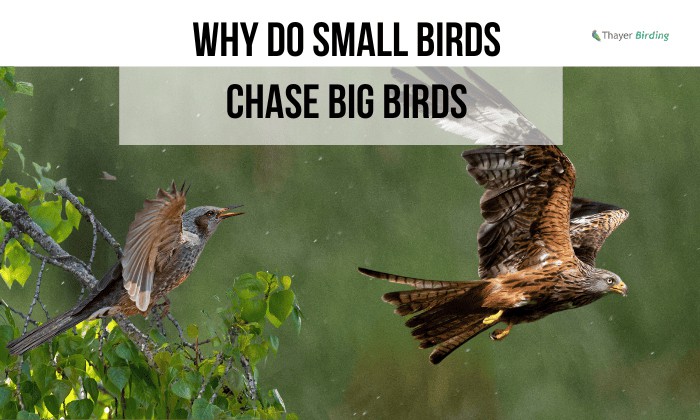Feeding birds is a hobby that benefits the avian species and fills your heart with happiness. However, when the hot days are coming, when to stop feeding birds in summer? When to stop feeding orioles grape jelly?
Experts say that you actually don’t need to give up your hobby. You simply need to learn how to properly feed birds in the summer and what bird seeds to use. Read on.
Table of Contents
Why Feeding Birds in the Summer Is a Good Idea
Many people are against feeding birds in the summer, and they have legit reasons for believing so. However, you simply cannot cease being a bird enthusiast in the hot months. So should you feed birds in the summer? As stated above, the answer is “yes,” and these are reasons why.
Reason #1: Enhanced birdwatching
The summertime offers clearer days, and so birdwatching is enhanced. You can clearly see different kinds of birds and even take photos while they eat in your bird feeder.
Plus, the feathers of the avians are more refined during the summer, so you can bask in their glorious colors. More importantly, the sunny days make it easier to identify the kind of birds who visit your property.
Reason #2: Food supply for the young birds
During the summer, adult birds are constantly looking for food to feed their young. And though there are many food sources at this time, filling your bird feeders helps in feeding a whole family of avians.
But of course, opt for foods that are good for the birds. Avoid feeding them bread since there is no nutritional value from bread.
Reason #3: Attract new bird species
One of the best reasons to get your bird feeder ready for the summer is the possibility of seeing new avian species. Birds migrate during the winter, and so you may not see a variety of bird species.
But in the summer, you have the opportunity to see different avians on your property. And so it is indeed a good idea to continue feeding birds in the hot, sunny days.
Reasons for Not Feeding Birds During the Summer
While there are good reasons to feed birds during the summer months, continuing your passion at this time is still risky. Let’s discover why feeding the avian species in the summer is not a good idea.
- Reason 1: Potential Infectious Diseases – The summer heat poses a higher risk of birds carrying infectious diseases to humans. And so when you stop feeding birds in the summer, you can save yourself from potential diseases brought by birds.
- Reason 2: Fast Seed Spoilage – On hot summer days, the seeds on the bird feeders can easily spoil. That’s why many bird lovers stop feeding avians in the summer, because birds can get sick from the moldy and spoiled seeds.
- Reason 3: Abundance Of Bugs – During the summer months, the bugs are quite abundant everywhere. The avian species, therefore, have plenty of bugs to consume, which means that there’s no need to feed the birds in the summer. Plus, birds love bugs, so many do prefer them to bird feeders.
- Reason 4: Available Seeds in Nature – Birds favor sunflower seeds among other seeds. When summer comes, the sunflower plants are in bloom. And so there are plenty of organic sunflower seeds from nature for the avians to eat.
- Reason 5: Sick Birds – One of the best reasons to take down your bird feeder in the summer is bird sickness. If you notice that your flying visitors have swollen eyes or are inactive while perched on your bird feeder, then they may be sick.
Even one sick bird can infect others, so save the rest by stopping feeding avians during the hot weather.
The reasons we mentioned are indeed valid and worth the consideration. However, the major factor in whether or not to keep feeding birds is you. The decision is yours to make, so do what your heart tells you to do regarding bird feeding in your property.
Best Practices for Feeding Birds in the Summer Months
You can follow a couple of practices to ensure that your feeding passion will not hurt the avians.
Method #1: Replace old bird feeders
Old bird feeders can be dangerous for birds, especially if there are rusts or broken parts on them. And so it is best if you replace your feeder at least once or twice a year.
And when you’re ready to replace the old bird feeder, it’s best to find one with the highest quality. After all, your favorite avians deserve the best when it comes to feeding.
Also, you may want to consider buying two or more kinds of bird feeders. Having multiple feeders attracts more birds.
Method #2: Clean the bird feeder regularly
Without question, regular cleaning of your bird feeder is a necessity. Once a week, take the time to clean your feeder using vinegar, fresh water and bleach or liquid soap. Grab a brush and other cleaning materials, wear rubber gloves, and simply clean every inch of the bird feeder.
Air dry the feeder or wipe it out, and return it to its original location.
Method #3: Shade the bird feeder
In the summer, you may want to reduce the amount of food to feed your favorite avian species. And to keep the bird seeds and other meals fresh and lasting, either transfer the feeder under a shade, or install one.
Putting the bird feeder beneath a shade ensures that mealworms, fruits, nectar, and other bird foods will not spoil easily. But of course, choose a shade that will attract the birds more and not less.
Method #4: Refrain from using suet
Suet is not a good bird food to feed the avians during the summer. When the heat is higher than 80 degree Fahrenheit in the hot months, suet easily spoils. And so it’s wise to refrain from using suet in your bird feeder. Instead, opt for Niger seeds and other smaller seeds.
Method #5: Halfway-filled bird feeder
Since the summer heat can easily spoil bird seeds, it’s best not to have a full bird feeder. Halfway-filled feeders with a variety of bird meals are perfect for the summertime. This practice will make sure that the food will not be wasted. Anyway, after the feeder is empty, you can always start a refill.
Also, you need to know that when you fill your bird feeder full during the summer, mold can appear on the seeds due to the hot temperature. And mold is dangerous to the avian species because it generates a harmful byproduct called aflatoxin.
Best Bird Meals for the Summer Months
If you feed birds in summer, you need to know which bird meals are the best.
- Seeds – Bird seeds are always the go-to meal for the birds in any season, and multiple avians are attracted to seeds. The good news is you can easily purchase seeds in different varieties. And it’s ideal to use different seeds at least three times a week.
- Jelly – The sweet taste of jelly attracts avians such as gray catbirds, woodpeckers, orioles, and robins. However, use only small amounts of jelly in order to avoid molds.
- Once the birds have eaten all the jelly or you notice that it is spoiled, then replenish the supply immediately.
- Fruit – Fruits like apples, sultanas, oranges, pears, raisins, and banana slices are perfect for attracting orioles, gray catbirds, cardinals, and tanagers. Birds can get energy from fruits, and they are great for the bird’s health.
- Mealworms – Naturally, birds love mealworms, especially warblers, wrens, grosbeaks, and bluebirds. You have the option to choose between dried and fresh mealworms. Both are perfect for summer bird feeding.
- Peanuts – Peanuts are a favorite meal of the blue jays, woodpeckers, chickadees, nuthatches, and titmice. Organic peanuts are best, since birds cannot eat coated, seasoned, or flavored peanuts.
- In purchasing peanuts, choose a pack that is intended for avians.
- Sunflower hearts – Compared with sunflower seeds, sunflower hearts are better since they don’t have seed coats. Sunflower hearts are a great source of energy, and they are cleaner for feeding.
Aside from the best bird food for the summer, it is also recommended to help the birds stay hydrated, especially the hummingbirds and orioles. You can create a nectar solution by following a 1:4 ratio of sugar to water. This simple formula produces a sucrose level that is quite similar to what birds can get from real flowers.
And so with the right combination of bird meals and a nectar solution, avians will enjoy summer in your property.
Additionally, you must know that there are foods that are not good for the birds during the hot weather. Avoid feeding the avian species with peanut butter because it can go rancid fast. Plus, peanut butter has a tendency to stick to the bird’s feathers, which can cause harm while the birds take off.
Conclusion
So when to stop feeding birds in summer? There’s no need to stop. You can keep on doing the hobby that you love throughout the year, as long as you’re careful. The safety and health of the birds must always be a top priority in your feeding process.
We hope that you learned how to properly feed birds during the summer through this post. Kindly share this to your friends so they too may find new ways to take care of birds when the weather is hot. Also, leave us your thoughts in the comment section.

George and I became friends after a birdwatching trip with our new group. And we have been enjoying every adventure together. When he told me the idea of establishing a site that shares our experiences and fun, I immediately agreed. After trials and errors, here we have Thayerbirding.


